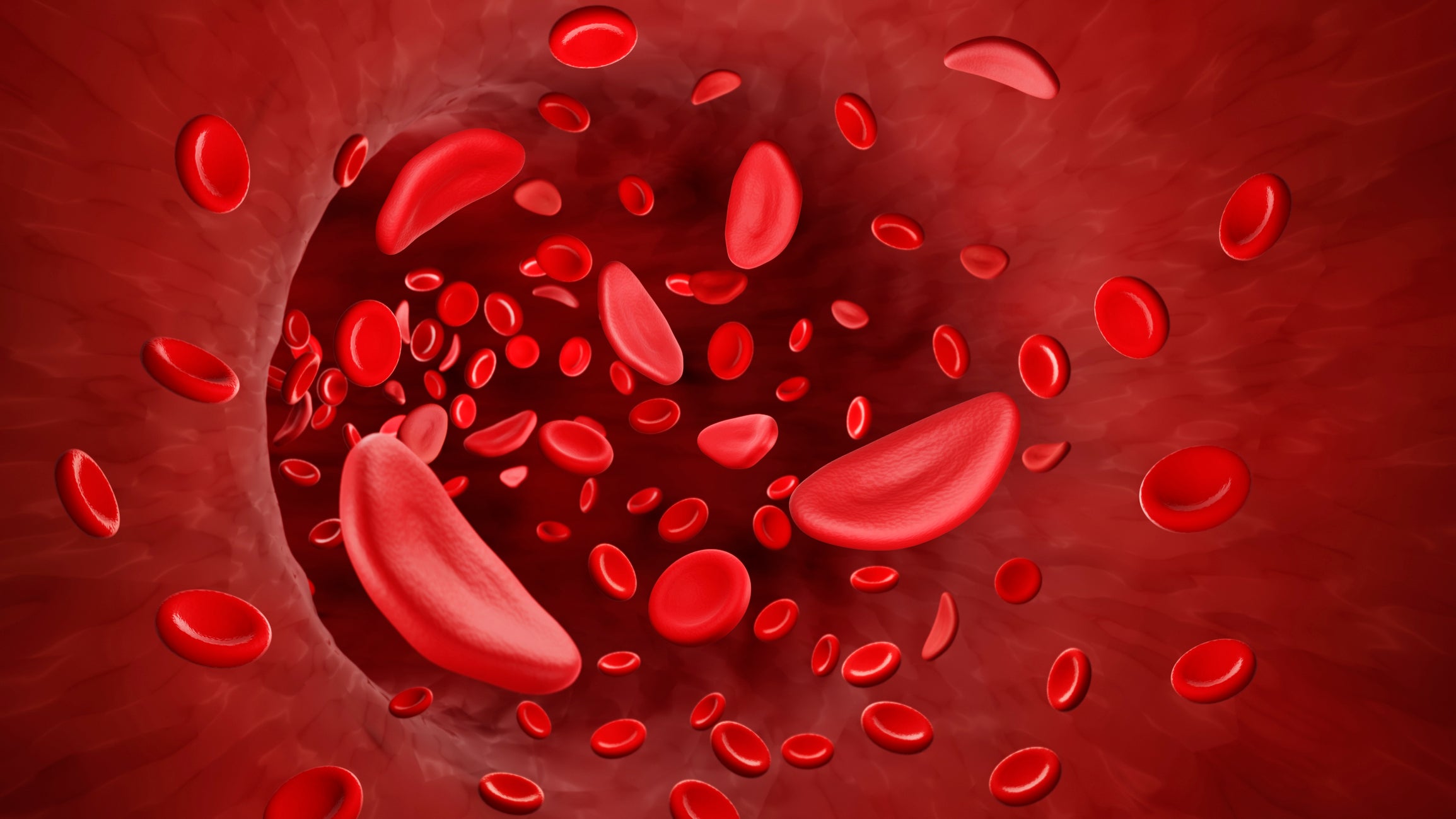

Editas Medicine will release new efficacy and safety results of its gene therapy EDIT-301 in severe sickle disease as part of an oral presentation at the European Hematology Association’s (EHA) Hybrid Congress. The EHA Hybrid Congress will take place on June 8-11 in Frankfurt, Germany.
Last month, the US Food and Drug Administration (FDA) granted the treatment an orphan drug designation for sickle cell disease. While the company is expected to present this data through a live stream, the abstract is already live.

Discover B2B Marketing That Performs
Combine business intelligence and editorial excellence to reach engaged professionals across 36 leading media platforms.
In December 2022, the company presented data from the first two patients treated in the Phase I/II RUBY (NCT04853576) trial. The EHA presentation will feature updates on the same patients with a longer follow up; subject 1 at eight months after receiving an EDIT-301 infusion, and subject 2 at four months after the procedure. Per the released abstract, as of 1 March, subject 1 had a total haemoglobin (Hb) level of 16.4 g/dL at six months, similar to what was reported in December, at five months. Subject 2 had a total haemoglobin (Hb) level of 12.1 g/dL after three months, rising by 3.6 g/ dL from baseline. Additionally, Subjects 3 and 4 are less than a month post-infusion.
Looking at the haemoglobin fractionation of both subjects, 44.3% of subject 1’s total haemoglobin consisted of fetal haemoglobin (HbF) and 52.1% of haemoglobin S (Hbs). This marked a shift from baseline where 89.1% of subject 1’s total haemoglobin consisted of Hbs, while HbF made up 5%. Hbs is an abnormal form of haemoglobin that causes one’s red blood cells to become sickle shaped. At baseline, 77.7% of subject 2’s total haemoglobin consisted of Hbs, while 10.8% was made up of HbF. After three months, HbF increased to 38.6% and Hbs dropped to 33.2%.
EDIT-301 increases the expression of Hbf by infusing the subject with patient-derived CD34+ haematopoietic stem and progenitor cells that are edited at the gamma globin gene (HBG1 and HBG2) promoters using the company’s proprietary AsCas12a nuclease. As per the EHA abstract, more than 80% of peripheral blood nucleated cells were reported to be successfully edited, in subjects 1 and 2. There were no reported EDIT-301-related adverse events and no serious AEs post infusion, akin to the December 2022 announcement. Neither subject reported vaso-occlusive events at time of last data point cut-off.
Cell & Gene Therapy coverage on Pharmaceutical Technology is supported by Cytiva.

US Tariffs are shifting - will you react or anticipate?
Don’t let policy changes catch you off guard. Stay proactive with real-time data and expert analysis.
By GlobalDataEditorial content is independently produced and follows the highest standards of journalistic integrity. Topic sponsors are not involved in the creation of editorial content.




